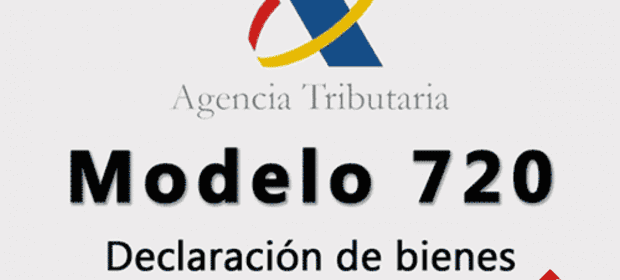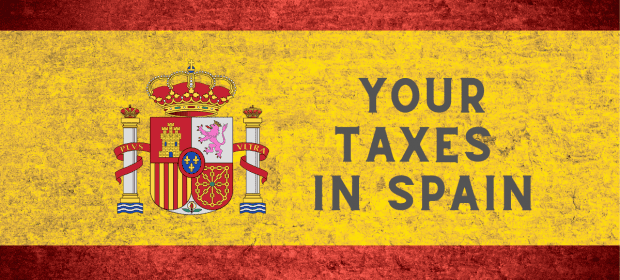*UPDATED 1st January 2020
Also originally known as ‘The Special Displaced Workers Regime’, The Beckham Law has been in place since it was passed by Spanish Tax decree in 2005. The Law has undergone two reforms/changes since its inception (2010 and 2015) and was originally open to all foreign workers living in Spain adhering to certain conditions.
Why was it brought in?
In essence, it was designed to attract brains, talent and wealth from all over the world, encouraging high earners to become Tax Resident in Spain (spending more than 183 days a year living there) and thus pay 24% income tax (IRPF), as opposed to rising up to 43% (or higher in certain circumstances). It was given its name by one of the first high profile sports people to use it, David Beckham, when he signed for Real Madrid.
Who can take advantage of it?
The main criteria to be eligible for the Beckham Rule are:
- You must not have been a Spanish resident in the last 10 years when applying
- You must be employed by a Spanish company, or a non Spanish company but with a permanent office here in Spain (You can be a director of a company but hold no more than 25% of the shares)
- The rule can be used for the remaining Tax year you start in, and the following five
- The application MUST be made within 6 months of starting your employment in Spain
- You have to be resident in Spain and also have at least 85% of your work interests there
Reforms/Changes
The Law became infamous and a perfect fit for Spanish football clubs to buy some of the best well known footballers in the world, since the player’s tax would be much lower than in other countries. However, in 2010 the law was changed to address this popularity with high earning footballers, and a rule was brought in to limit the annual earnings applicable to €600,000, three years after David Beckham had left Spain.
Then, in 2015 they went one step further and completely excluded professional athletes from applying for this. However, those already on a contract were not affected. They also removed the limit of €600,000, but any income over that level is now taxed at 45%. Note that any capital gains would adhere to the current rules of 19%, 21% and 23% respectively (not applicable for the first €6,000).
Other Major Benefits
Critically, one of the major benefits of this rule is that under it, you do not pay taxes on any gains outside of Spain. So if you sell an asset with a taxable gain, such as a business or property in another country, you could make a considerable saving.
Moving on from this and to a more regular scenario, you would not pay tax on any property rental income, bank account interest, investments or savings in another country.
You would also not be required to submit certain other annual reports such as the ‘Modelo 720 Overseas Assets declaration’ during this period of time.
Why you might not want to apply for the Beckham Rule
There is no minimum annual earnings to apply, however you do not receive any personal income allowances, thus a general rule of thumb is that earning over €60,000 might make it worthwhile for you to apply.
The other reason you might not want to apply is that if the country you are from has a less favourable tax rate, then paying capital gains tax in Spain could be better.
If you have any questions regarding this, or would like to discuss applying for it or your personal situation, please contact us through the form below:
Source GM Tax Consultancy, Barcelona










